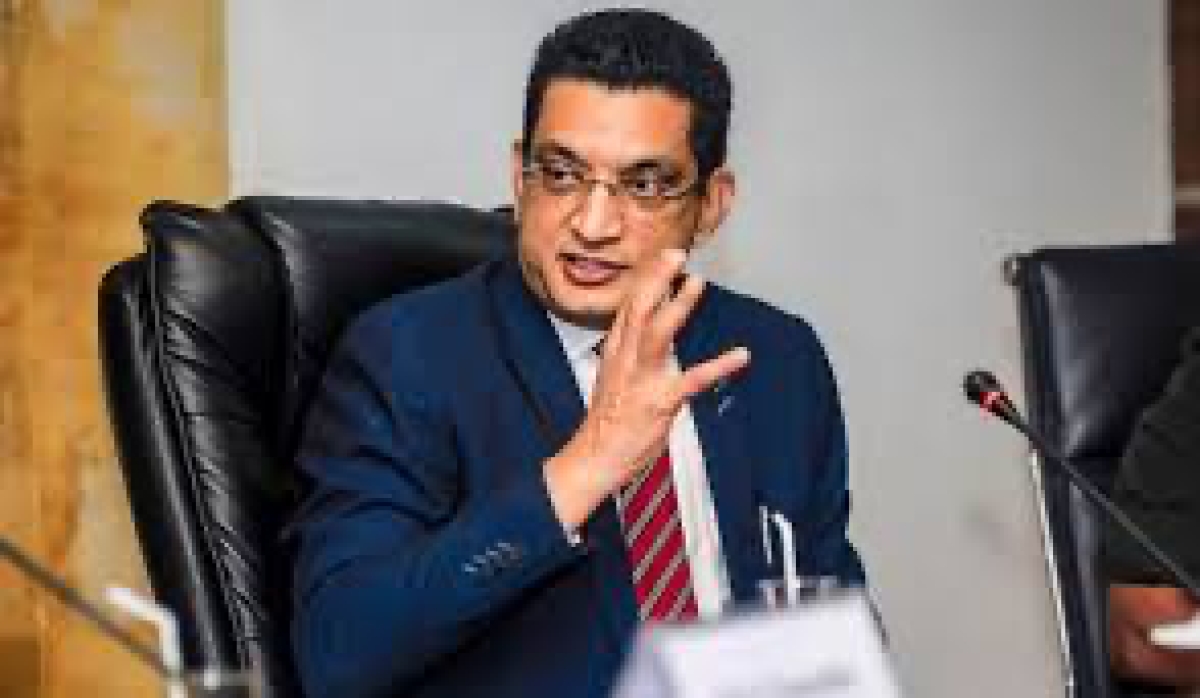Sri Lanka's Foreign Minister, Ali Sabry, recently stirred controversy with his comments on the ongoing dispute between India and Canada. Sabry's statements, delivered during a press briefing, have garnered attention and sparked discussions about the broader diplomatic implications of his remarks.
Foreign Minister Sabry expressed his concerns regarding what he described as "outrageous allegations" made by Canadian Prime Minister Justin Trudeau. In his statement, Sabry suggested that some individuals with alleged ties to terrorism had found refuge in Canada, implying that the Canadian government had failed to address this issue adequately.
Furthermore, Sabry drew a parallel with previous allegations against Sri Lanka, specifically referring to the claim of genocide in the country. He firmly denied the existence of a genocide in Sri Lanka and accused Canada of making baseless accusations without providing credible evidence.
The Foreign Minister also raised questions about Prime Minister Trudeau's recent reception of an individual with historical associations with the Nazis during World War II. Sabry's comments suggested that such actions by Canadian officials were questionable and demanded scrutiny.
Sabry's statements have ignited discussions about the state of diplomatic relations between Sri Lanka and Canada, as well as the broader implications for international diplomacy. His characterization of Canadian allegations as "outrageous and unsubstantiated" has brought renewed attention to the complexities of diplomatic discourse on the global stage.










